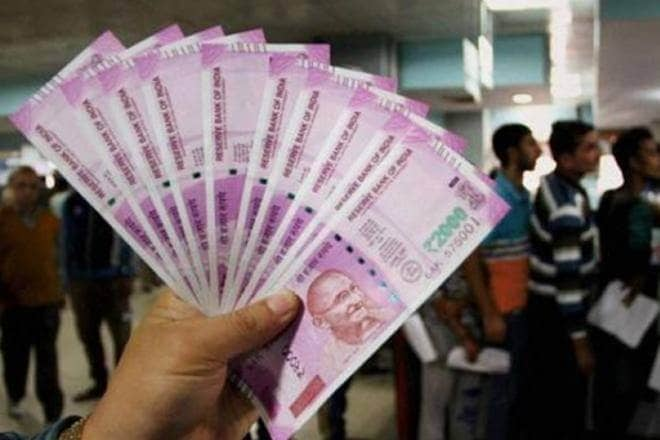OCI investment options in India: Citizens of other countries who at some point of time were Indian citizens are now permitted to enroll for the National Pension System (NPS) administered by the Pension Fund Regulatory and Development Authority (PFRDA) of India. PFRDA has allowed Overseas Citizen of India (OCI) to enroll in NPS at par with Non-Resident Indians and open Tier I account. It means, if you hold an OCI card, you now have an opportunity to invest in India. In 2015, PFRDA had asked NPS Point of Presence (POPs) not to allow OCIs to open NPS account. “This is a welcome move for OCIs as there are many individuals of Indian origin who have taken up foreign citizenship while working overseas and may prefer to continue investing in India from their local income sources,” says Alok Agrawal, Partner, Deloitte India.
However, both OCI and NRI will not be allowed to open NPS Tier II account. Earlier, non-resident Indians (NRIs) were allowed to invest in NPS only in the offline mode. In 2016, NRIs were allowed to join and subscribe to NPS online through eNPS.
Earlier, the government had relaxed the Foreign Exchange Management (Non-debt Instruments) Rules, 2019 of Department of Economic Affairs and had specified that an OCI may subscribe to the NPS governed and administered by PFRDA. The eligible OCI will now be able to invest as per the provisions of the PFRDA Act and the annuity and accumulated corpus will be repatriable, subject to FEMA guidelines. On a repatriable basis, one will have to remit the amount through his/her NRE/FCNR/NRO account. With the opening up of NPS there is one more option for OCI investment in India.
“Some OCIs have also returned to India permanently while continuing to maintain their foreign citizenship. As these individuals did not retain India citizenship and therefore did not qualify as NRIs, they were not allowed to invest in NPS,” adds Agrawal.
The following categories of persons (except Pakistan and Bangladesh) are eligible to apply under OCI scheme:
1. Who is a citizen of another country, but was a citizen of India at the time of, or at any time after, the commencement of the constitution; or
2. Who is a citizen of another country, but was eligible to become a citizen of India at the time of the commencement of the constitution; or
3. Who is a citizen of another country, but belonged to a territory that became part of India after the 15th day of August, 1947; or
4. Who is a child or a grand-child or a great-grandchild of such a citizen; or
WATCH VIDEO: धनतेरस 2019: देश की सबसे बड़ी सोने की रिफाइनरी, MMTC-PAMP में, सिक्के कैसे बनते है?
NPS is a retirement-focused market-linked scheme allowing the investor to take benefit of the equity and debt asset classes over the long term. On maturity at age 60, 60 per cent of the corpus is tax-exempt and is allowed to be withdrawn. The NPS subscriber need not pay any tax on the balance 40 per cent of the corpus as it is used to buy annuity or pension for a lifetime. The annuity, however, is taxable in the hands of the individual in the year of receipt as it gets added to one’s income for that year. Further, contributions made towards NPS are eligible for an additional tax deduction under section 80CCD(1B) up to Rs. 50,000 which is over and above the Rs 1,50,000 limit of deduction available under sec 80CCD(1).

